Sándor Veress: Complete Music for String Quartet
Sándor Veress (1907-99) was born in Kolozsvár, then in Hungary (it is now Cluj-Napoca in Romania), but spent the last half-century of his life in Switzerland as an exile from Communism. In the 1930s he worked as Bartók's research assistant in his work on Hungarian folksong, with results audible in the two early string quartets. By the time of the Concerto for String Quartet and Orchestra three decades later, Veress had developed a lean and muscular style, incorporating elements of modernism but retaining a powerful sense of onward momentum, expressed in an original voice which combines head and heart in an exhilarating blend of freewheeling invention, fantasy and wit.
Basel String Quartet, string quartet
Hungarian Symphony Orchestra, orchestra
Jan Schultsz, conductor
Listen To This Recording:
-
String Quartet No. 1 (1931)
- I Rubato, quasi recitativo
- II Andante
- III Vivo
- I Allegro
- II Andante
- III Presto
- I Le Cadenze
- II Gli Ornamenti
- III Le Fanfare
String Quartet No. 2 (1937)
Concerto for String Quartet and Orchestra (1961)
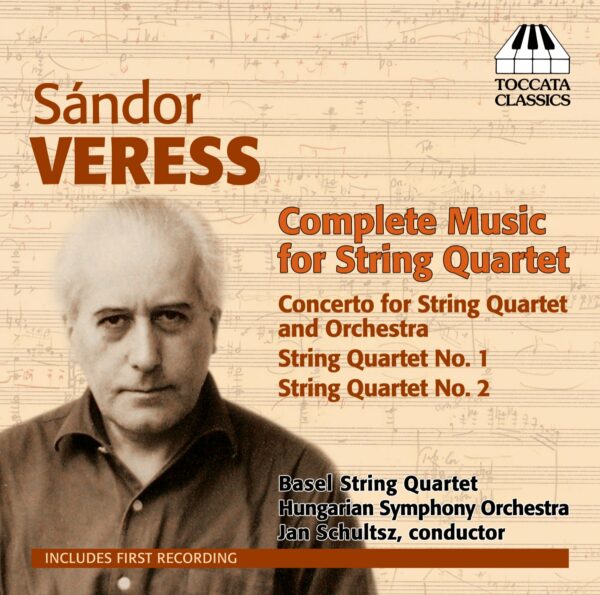
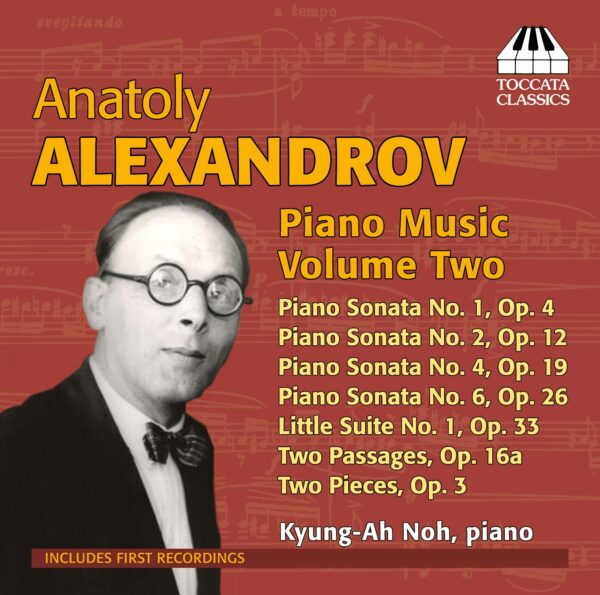
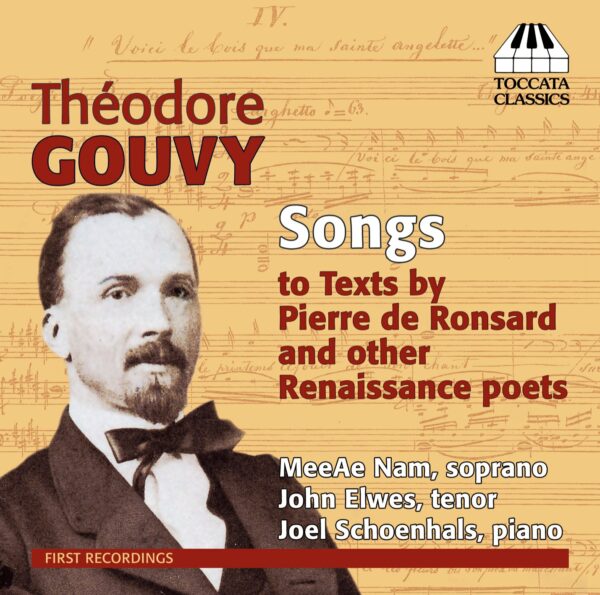
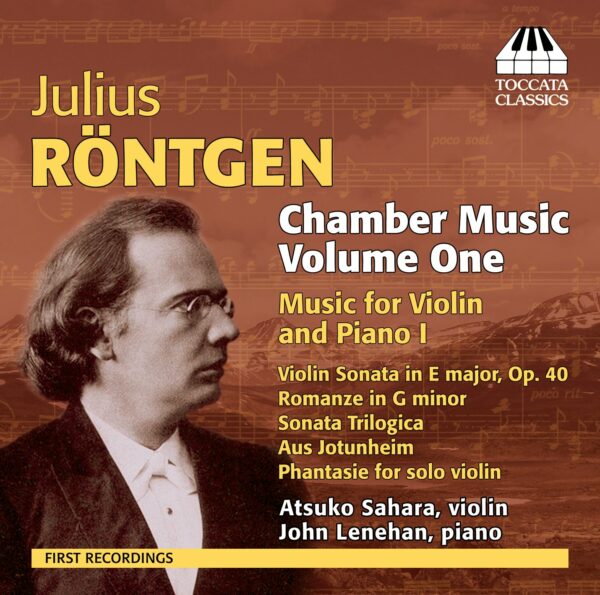
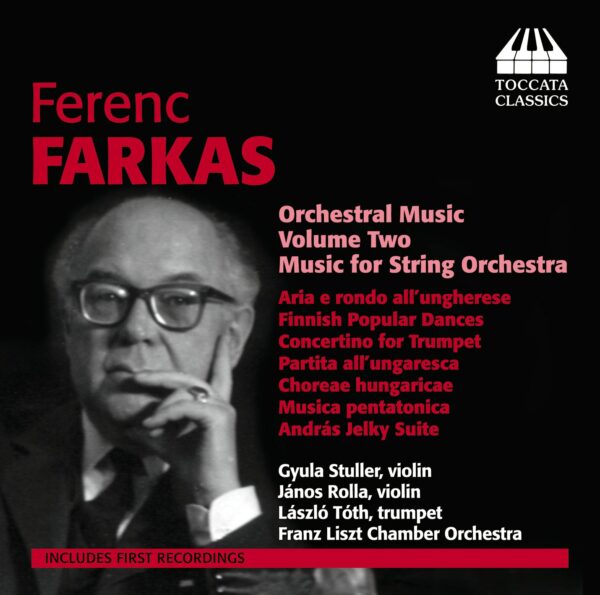
Fanfare Magazine :
‘…[String Quartet No. 1] This is a terrific performance, keen-edged in the complexities yet unfailingly expressive. …The Basel Quartet plays with a gritty determination and enjoys a detailed, focused recording, a recording which also faithfully records the sweetness of Susanne Mathé’s high violin lines at the close of the first movement. …[String Quartet No. 2] The sense of the composer having grown into his own confidence, and his own set of techniques to express himself fully and easily, is palpable. The central Andante is where lament and folksong meet. In fact it is a wonderful meeting, especially with playing as sweetly poignant as this (especially from Mathé). …[Concerto for String Quartet and Orchestra] The writing is spiky and involving, the performance and recording here nicely brightly lit in keeping with the hue of the music itself. The setting of the cadenza against a dark orchestral background works remarkably well. …[Andante] Sublimely expressive, this movement is intensely moving. The Finale, “Le Fanfare,” bustles with kinetic energy. The orchestra here is simply superb, bringing off the quiet ending perfectly.’
—Colin Clarke, Fanfare Magazine
American Record Guide :
‘…Veress’s two string quartets are early works, from 1931 and 1937. Their debt to his Hungarian forerunners is clear, but so also is his distinctive personality, with its affinity for intricate and rapidly darting contrapuntal interplay (as in the allegros of both quartets) and startling soundcombinations of considerable ingenuity. Especially remarkable is his propensity for generating highly-complex textures that seem to push to the verge—but don’t actually exceed—the boundaries of his ability to control them. Quartet 2’s presto finale in particular is a veritable cataract of madcap motion, in strongest possible contrast to the slow, sorrowful interplay of florid, folksong-like melodies in the preceding 11-minute andante, music that aches with romantic yearning and lament for a lost homeland. (Veress fled Hungary after the war and though he made his home in Switzerland remained a “stateless” person for most of the rest of his long life.) …By 1961, when Veress wrote his Concerto for String Quartet and Orchestra, his approach to new instrumental combinations had grown even bolder and more imaginative. The result is quite unlike any other modern-era “concerto grosso” type work (for example Bartok’s Divertimento, Martinu’s Concerto for String Quartet and Orchestra, or Bloch’s Concerto Grosso). …Ultimately, like all masterpieces, Veress’s Concerto defies explanation and beggars description; it fascinates, surprises, dazzles, and enchants the ear, it gives us entrance to a new vision of what is possible. We’re fortunate to have this marvelous work—here in its firstever recording—in what is clearly a superlative performance, wonderfully captured in Toccata’s ultra-vivid sonics. My congratulations and thanks to all concerned.’
— American Record Guide
MusicWeb International :
‘The performances from the Basel String Quartet and from the Hungarian Symphony under Jan Schultsz are exceptionally committed’
—onathan Woolf, MusicWeb International
International Record Review :
‘Music of this difficulty necessitates quartet playing of the highest order, which it receives here from the Basel Quartet […] this release is currently the best entry point into Veress’s music.’
—Richard Whitehouse, International Record Review, December 2013